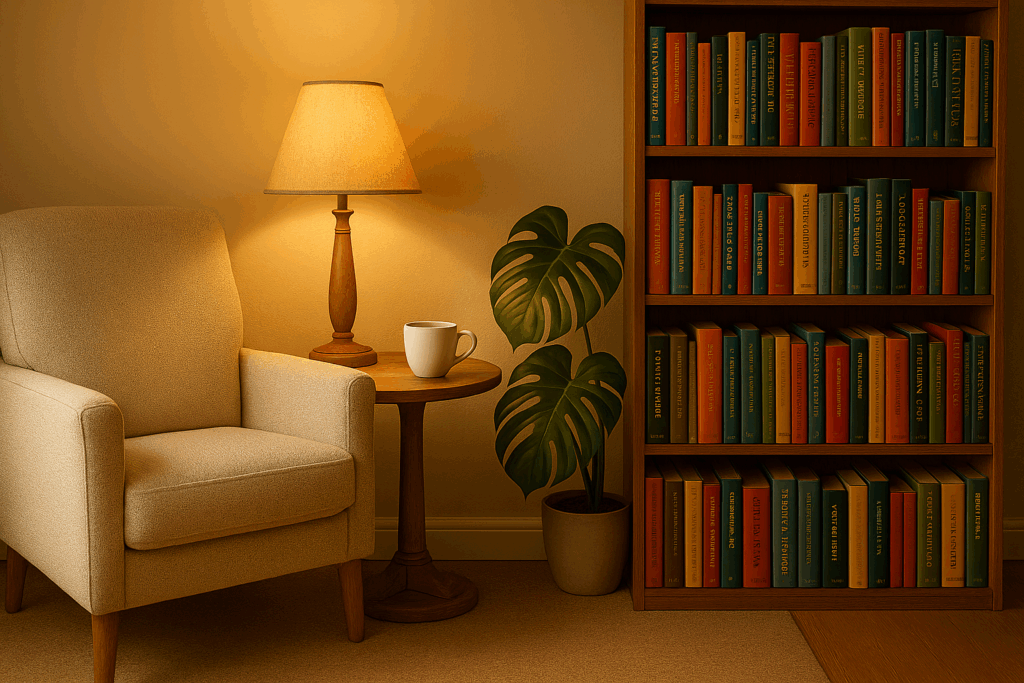The Real Value of Taking Breaks in 2025: Why Downtime Isn’t a Luxury Anymore
Somewhere between the non-stop notification pings, endless digital to-do lists, and the subtle pressure of self-improvement podcasts, it’s oddly easy to forget how crucial it is just…to stop. Not for hours, or even a long vacation—just five or ten minutes to look away from the screen, rest your eyes, and collect yourself. In 2025, the culture of busyness is still deeply entrenched, but I hear more and more people—from friends to coworkers—admit they’re tired of pretending life is about non-stop productivity. Here’s a closer, honest look at why taking breaks matters now more than ever, and how real people actually make it work (sometimes, anyway).
Why We Resist—and Why Pausing Still Matters
If you’ve ever felt guilty for stepping away from work, you’re far from alone. I’ve caught myself trying to power through headaches or skipping lunch at my desk, convinced that rest is a sign of laziness. The irony? Every study I’ve read (and, frankly, most people I trust) say downtime is essential for focus, learning, and, maybe most importantly, showing up as a decent human being. Over the past few years, neurologists and business coaches alike have championed the “ultradian rhythm” theory—that our brains naturally need a break every 90 or so minutes. When we ignore this, our thinking gets fuzzier, small mistakes multiply, and creativity nosedives. Still, the voice in our heads says, “Just one more thing before you stop.” Recognizing the reality (and not pretending you’re a machine) is where better breaks begin.
What a “Break” Really Looks Like in Real Life
Forget the myth that you need a spa day or two-week getaway for restoration. Most of the people I know who genuinely seem balanced take small, regular pauses—watering plants between calls, stepping outside for a few minutes of sunlight, or even just stretching as the kettle boils. Some keep a book handy for a quick distraction; others close their laptop and wander the hallway. One friend swears by a “three-minute dance party” alone in her kitchen. Another calls her dog over for a quick play session when emails threaten to overwhelm her. The key isn’t elaborate rituals; it’s permission to interrupt the churn, to remind yourself you exist outside of the next deadline.
The Benefits of Doing Nothing (On Purpose)
It always surprises me how much even a little downtime can shift perspective. After stepping away from a stubborn problem, I nearly always see solutions I missed before. Researchers have documented that short, unstructured breaks aren’t just good for rest—they actually incubate creative thought, reduce stress hormones, and may even lower the risk of burnout. In conversations, I’ve found that some of the best ideas or decisions emerge not in the meeting itself, but after a coffee run or absentminded stroll around the block. And yes, sometimes a break just means staring out the window and letting your brain wander. That’s not wasted time—it’s mental maintenance.
Obstacles and Permission Slips
Of course, it’d be easier if every workplace were built for healthy breaks—some are, most (still) aren’t. Maybe you’re a parent trying to work in snatches, a student with back-to-back classes, or just overwhelmed by your own expectations. I’ve yet to meet anyone who never falls back into the “power through” mentality. It helps, I think, to have a few permission slips at hand. A simple alarm, a post-it on your monitor, or a calendar reminder set to “Move!” can honestly make a difference. Team up with a friend or colleague—exchange check-ins, if that keeps you honest. And don’t judge yourself too harshly on days it falls apart.
Breaks Aren’t All Alike (And That’s Okay)
Some people need silence; others crave a quick call with a friend. Try a five-minute walk, a stretch routine, or just flipping through a music playlist—not every break has to be “productive” or Instagram-worthy. I used to think every pause needed to “restore” me to peak energy; now, I’m happier if it just lets me feel human for a minute. On tough days, even stepping outside to breathe fresh air helps. The best break, much like the best habit, is the one that works for you at that moment.
Final Thoughts: Real Rest for Real Life
If there’s one lesson to take into 2025 and beyond, it might be that breaks are a form of self-respect more than self-indulgence. Giving yourself space to reset—even briefly—isn’t a luxury or something you have to earn after work is done. It’s a basic need, as vital (if sometimes as neglected) as sleep. Whether you’re working, parenting, studying, or just trying to stay afloat, let yourself pause. The world will wait. And when you come back, you might actually be ready for whatever’s next.

